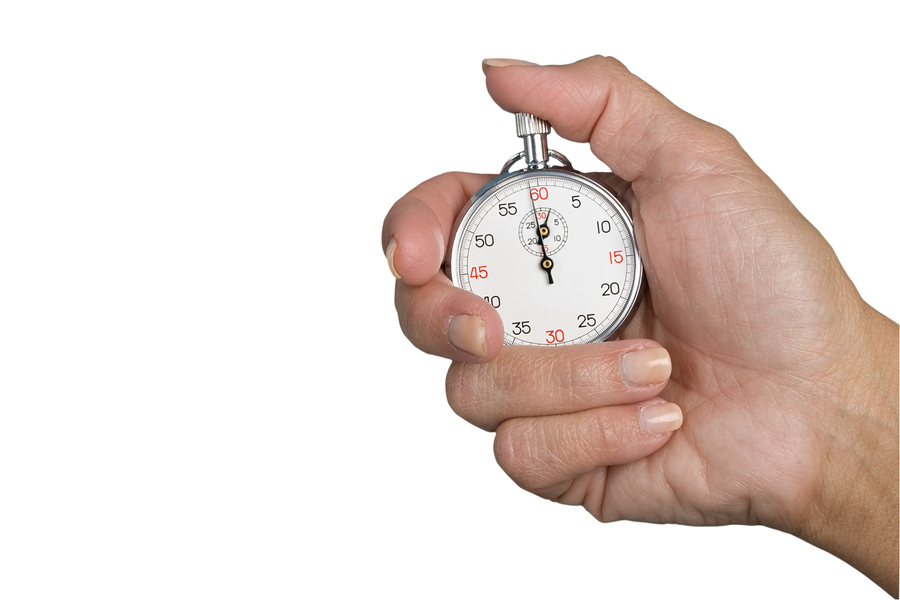If you’re in business for yourself either as a freelancer, contractor, or small business owner, then you probably know how important a website is for doing business. A well-designed website can make you or your company more visible, help explain what you’re all about and what you offer, and facilitate transactions with customers.
That’s great, but if your website doesn’t show up high enough on a search result page, then all of that work was for nothing. So, how do you optimize your site so that it’s rank increases? Here are five ways to make it happen.
Content Is King
Sorry for the cliché, but it happens to be true. Nothing helps your website stand out more on a search engine than content that’s not only good but of considerable length. How long, do you ask? The minimum you want is 500 words. Articles over 1,000 words tend to do even better, and Google especially favors solid content that exceeds 2,000 words.
But size doesn’t always matter; posts should be interesting, amusing, and flow in a conversational sort of way. If you want to hedge your bets for that high rank, steer clear of promotional content.
Better Page Titles
You should have page titles that not only inform the reader as to the nature of the article but also include one of your keyword phrases that you want to emphasize. For instance, if you have the keyword phrase “HO-scale trains” on your list, you could try something like “Why HO-Scale trains are perfect for a smaller basement”. According to this post on ICASchool.com, you should test everything you do, and that can even apply to page titles.

Tinker With Page Load Time
Slow-loading pages are the bane of a website’s existence. Not only do they tax the patience of visitors who may quit in disgust and look elsewhere, but the loading speed of a page is a ranking factor in search engine ranking, at least as far as Google is concerned. So you should time how long it takes a page on your site to load. Once you get a figure, search for established tips on how to improve performance (e.g. image optimization, enable browser caching, enable compression), and implement them. When the changes are in place, check load times again.
Optimize Your Keywords
There’s so much that you can do with keywords to help boost that page rank. Use keywords as your tags, and don’t leave out any relevant keyword or phrases. Obviously, don’t stretch the limits of credibility until they scream because Google will eventually catch up with you and administer page rank justice.
Also, differentiate between primary and secondary keywords. Using the above example, instead of “HO-Scale trains”, you could do “HO-Scale train layouts”. Narrow down those keywords to better attract that niche market you’re after.
And finally, make sure you use hyperlinks on keywords. Search engines love hyperlinked keywords.
But again, a warning: don’t overload on the keywords. Keyword stuffing WILL work against you in the long run.
Domain Name Consistency
Finally, take a good look at your domain names. Use sub-directory domain names (e.g. HOScale.com/layouts) instead of sub-domains like layouts.HOScale.com. Also, use keywords in your URLs whenever possible. And at last, even though this is basic common sense, make sure that all of your URLs are following the precise same naming conventions.
For more insights into Search Engine Optimization, check out “4 Common SEO Myths That Simply Aren’t True.”

